Artificial Intelligence: Lighting the way to the future
In a world of rapid technological advancement, artificial intelligence (AI) is emerging not just as a passing trend but as a guiding force redefining the future of our world. As we stand at the intersection of innovation and possibility, it becomes clear that AI is not just a tool but a transformative catalyst that promises to redefine the way we live, work and advance as a society.
1. Unparalleled efficiency and automation: AI’s ability to process massive amounts of data and perform complex tasks with precision has redefined efficiency across industries. Artificial Intelligence-led automation has not only streamlined routine processes, but also opened the way for smarter decision-making. From manufacturing to customer service, the ability of artificial intelligence to enhance human capabilities ushers in an era of hyper-productivity.
2. Personalized experiences: The era of generic solutions is coming to an end, thanks to the ability of artificial intelligence to personalize experiences. In areas such as e-commerce, entertainment, and healthcare, AI algorithms analyze user behavior, preferences, and historical data to personalize recommendations and services. This enhances not only user satisfaction but also promotes a deeper connection between technology and individual preferences.
3. Breakthroughs in healthcare: The possibilities offered by artificial intelligence in healthcare are nothing short of revolutionary. From diagnosing diseases at early stages to customizing treatment plans based on genetic makeup, AI is at the forefront of medical innovation. Machine learning algorithms can analyze huge data sets to identify patterns and correlations that human doctors might overlook, ultimately leading to more accurate diagnoses and personalized care.
4. Smart cities for a sustainable tomorrow: As urbanization accelerates, the idea of smart cities powered by artificial intelligence is gaining momentum. AI technologies facilitate efficient traffic management, energy optimization, and waste management. The result is not only improved city functionality but also a significant contribution to sustainability efforts, as AI helps create more resource-efficient and environmentally friendly urban spaces.
5. Transformative impact on education: Artificial intelligence is reshaping the education system, offering personalized learning experiences and personalized teaching. Machine learning algorithms can analyze a student’s learning style, strengths and weaknesses, making educational content more personalized to the individual’s needs. Virtual tutors powered by artificial intelligence provide…



